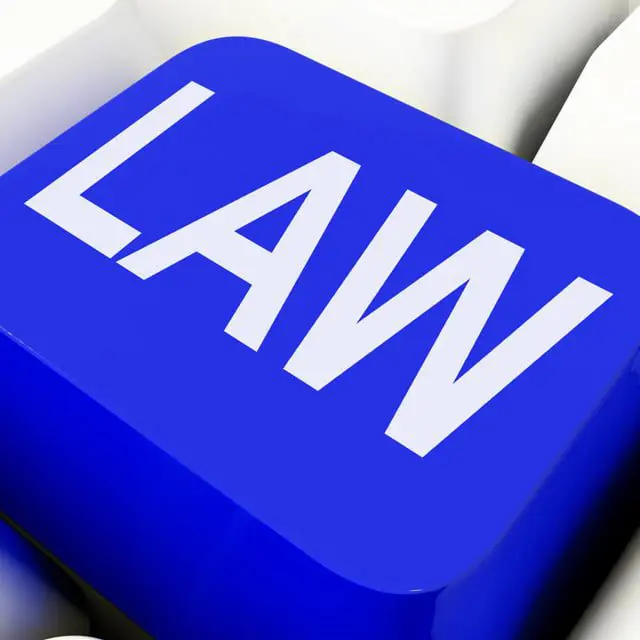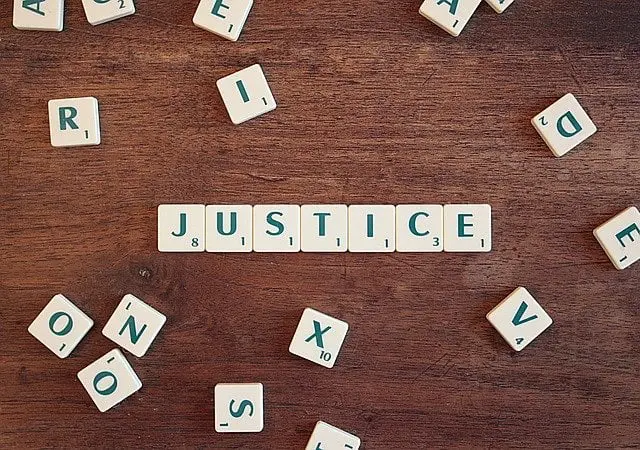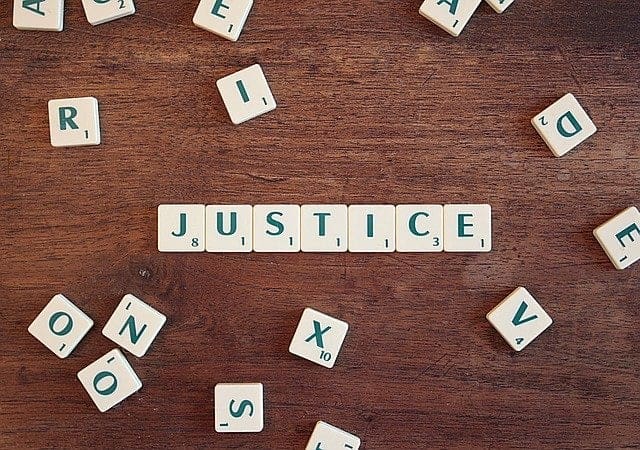In the financial sector, the concept of a bad bank plays a crucial role, especially during periods of economic stress. A bad bank is a financial institution created to hold and manage nonperforming assets owned by a state or federally guaranteed bank. The primary function of these institutions is to separate these problematic assets from the financial entities that are struggling due to them.
Purpose and Function of Bad Banks
The main purpose of establishing a bad bank is to allow traditional banks to focus on their core business activities without the burden of nonperforming assets, like defaulted loans or illiquid investments. By transferring these assets to the bad bank, the original institution can improve its financial health and operational efficiency. The bad bank then focuses on either selling these assets or holding them until they can be disposed of advantageously.
Impact of Bad Banks on Financial Stability
The introduction of bad banks has a significant impact on the overall stability of the financial sector. During economic downturns, these institutions help in stabilizing banks that are burdened by high levels of nonperforming assets. By clearing their balance sheets, these banks can resume normal lending activities, which is crucial for economic recovery.
Challenges and Criticisms
Despite their advantages, bad banks face certain challenges. One of the primary issues is the valuation of the transferred assets. Determining the fair value of distressed assets can be complex and contentious. Additionally, the concept of a bad bank has faced criticism, as it may encourage irresponsible lending practices by creating a safety net for banks’ risky investments.
Historical Instances of Bad Banks
Historically, bad banks have been instrumental in addressing financial crises. For instance, during the Savings and Loan crisis in the United States in the 1980s, the Resolution Trust Corporation was established as a bad bank to handle the assets of failed savings and loan associations. Similarly, in the aftermath of the 2008 financial crisis, several countries, including Ireland and Germany, set up bad banks to manage toxic assets and stabilize their banking systems.
Legal Framework for Bad Banks
The legal framework governing the creation and operation of bad banks varies by jurisdiction but generally involves significant regulatory oversight. Typically, a government or central bank oversees the establishment of a bad bank, ensuring that it complies with financial regulations and operates with the goal of stabilizing the banking sector. These institutions often operate under specific mandates to manage and dispose of assets within a certain timeframe.
Case Studies Illustrating the Impact of Bad Banks
- Case Study: Ireland’s National Asset Management Agency (NAMA) Following the 2008 financial crisis, Ireland established NAMA to address the crisis in its banking sector caused by excessive property lending. NAMA acquired and managed distressed property loans, playing a crucial role in Ireland’s economic recovery by stabilizing its banking sector.
- Case Study: Sweden’s Securum and Retriva During the 1990s banking crisis in Sweden, the government set up Securum and Retriva as bad banks to take over the assets of nationalized banks. These entities successfully managed and disposed of assets, aiding in the recovery of the Swedish banking system.
Conclusion: Evaluating the Role and Future of Bad Banks
Bad banks have proven to be a vital tool in managing financial crises. By taking on nonperforming assets, they allow traditional banks to refocus on their core activities, contributing to the stabilization and recovery of the financial sector. However, their operation requires careful legal and regulatory oversight to ensure transparency, efficiency, and alignment with broader economic goals. As the financial landscape evolves, the concept of bad banks will continue to be relevant, especially in managing systemic risks and safeguarding economic stability. The lessons learned from historical instances provide valuable insights for future financial challenges, underscoring the importance of bad banks in a comprehensive economic recovery strategy.
Disclosure: Generative AI Created Article
















